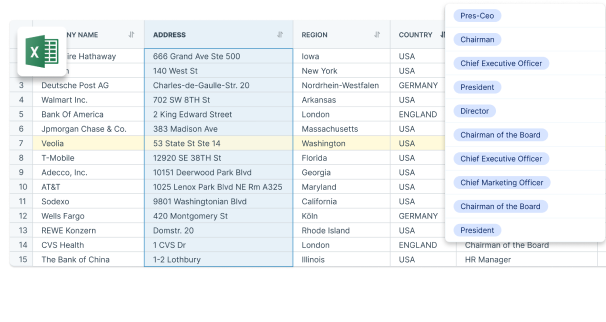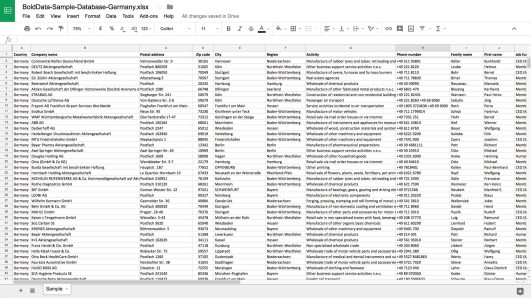Overview of Deutsche Lufthansa
Deutsche Lufthansa, commonly known as Lufthansa, is a prominent German airline and a major player in the global aviation industry. Founded in 1953, it has grown into one of the largest airlines in Europe and boasts a rich history of providing air travel services. Below, we delve into key aspects of Deutsche Lufthansa’s operations and its impact on the aviation sector.
Core Operations and Services
Lufthansa’s core operations encompass a comprehensive range of passenger and cargo transportation services. The airline operates a diverse fleet of aircraft, connecting passengers to destinations across the world. It offers a variety of cabin classes, catering to both business and leisure travelers. Additionally, Lufthansa Cargo handles the transportation of goods and plays a crucial role in global logistics.
Global Network and Alliances
As part of its global reach, Lufthansa has established an extensive network of routes, covering major cities and regions worldwide. The airline is a key member of the Star Alliance, a prominent global airline alliance that enhances connectivity and provides passengers with access to an array of destinations through codeshare agreements and seamless transfers.
Challenges and Profitability
Staying profitable in the airline industry presents several challenges for Lufthansa. The company is susceptible to economic fluctuations, fuel price volatility, intense competition, and geopolitical events. External factors such as pandemics have notably impacted air travel demand, requiring strategic agility to navigate these challenges.
Assets and Financial Structure
Lufthansa’s assets include a substantial fleet of aircraft, airport facilities, real estate holdings, and financial investments. Its financial structure involves revenue streams from passenger ticket sales, cargo transportation, and various ancillary services. The company’s financial performance is closely scrutinized by investors and stakeholders.
Market Valuation
In the investment market, Deutsche Lufthansa’s market value is determined by a multitude of factors. Investor sentiment, financial performance, growth prospects, industry dynamics, and broader economic conditions collectively influence the company’s stock price, reflecting its market capitalization.
Innovation and Sustainability
Lufthansa is also at the forefront of innovation and sustainability efforts within the aviation sector. It continually invests in modernizing its fleet to reduce emissions and enhance efficiency, aligning with global initiatives to address environmental concerns.
Conclusion
Deutsche Lufthansa’s legacy, global presence, and ability to adapt to a rapidly changing industry landscape position it as a prominent player in aviation. While facing challenges inherent to the airline industry, Lufthansa continues to be a crucial connector of people and goods around the world.

